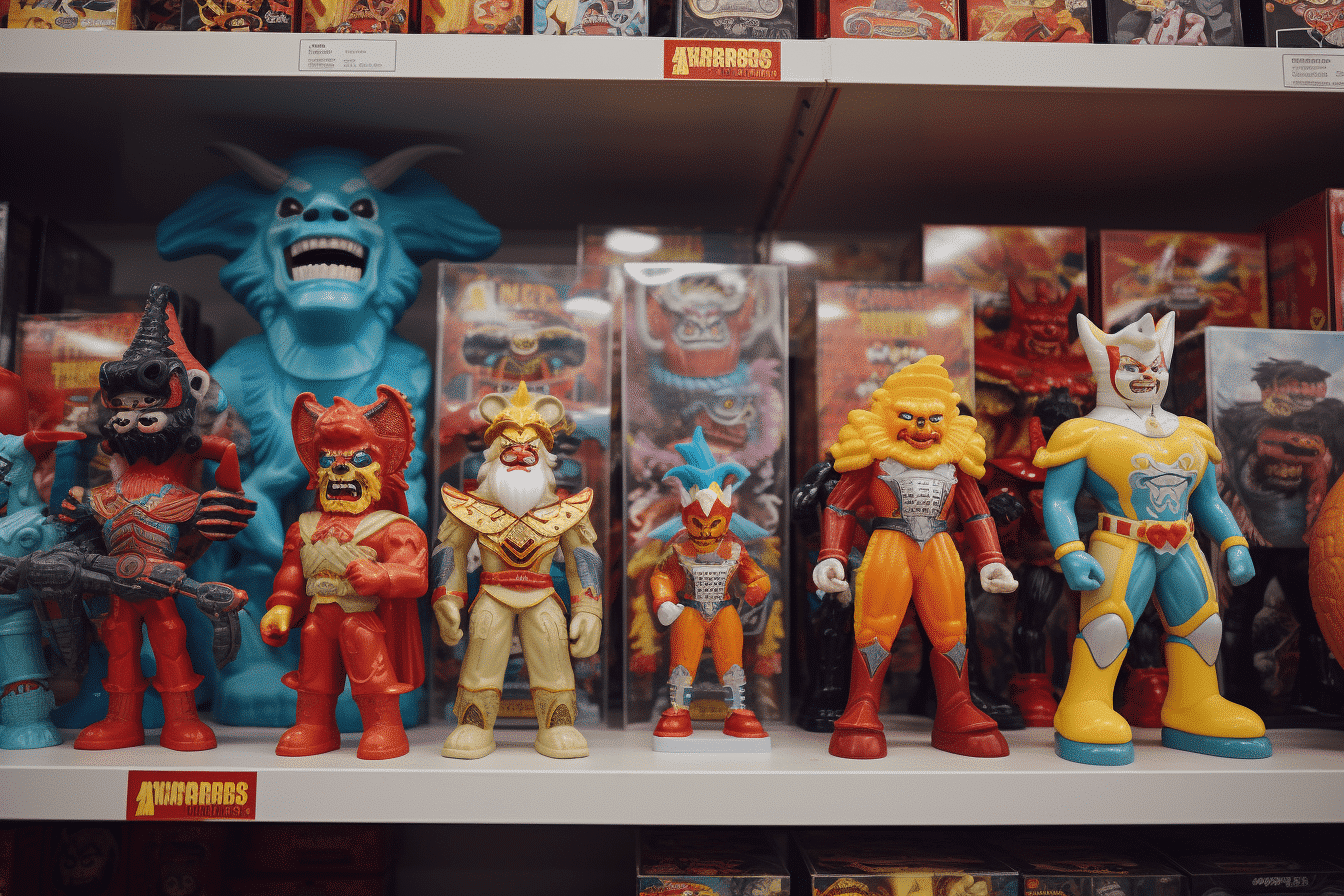In a significant development shaking the toy industry, Hasbro, a renowned toy manufacturer, grapples with a challenging phase marked by a substantial workforce reduction. According to a recent company memo obtained by CNBC, Hasbro is set to lay off approximately 1,100 employees in response to persistently weak toy sales, especially during the critical holiday shopping season. This move comes amidst declining sales figures and strategic shifts within the company.
Hasbro’s decision to reduce its workforce by around 17% is a stark indicator of the toy industry’s challenges. The company, which employed about 6,300 individuals earlier this year, is navigating a market that CEO Chris Cocks described as “coming off historic, pandemic-driven highs.” In the memo, Cocks elaborated, “We anticipated the first three quarters to be challenging… the headwinds we saw through the first nine months of the year have continued into Holiday and are likely to persist into 2024.”
This announcement follows a series of adverse developments for Hasbro. Earlier this year, the company had already initiated layoffs, affecting hundreds of employees. Additionally, in October, Hasbro warned about impending difficulties, which is reflected in the company’s quarterly earnings report. The report highlighted a significant decline in sales of popular toy brands like My Little Pony, Nerf, and Transformer.
Interestingly, Hasbro’s competitor, Mattel, also reported soft sales, though its stock has seen a slight uptick, partly thanks to the box office success of the film “Barbie.” This contrasts with the general retail landscape, where a tepid holiday season is expected, and toys are witnessing lower discounts for consumers than the previous year.
CEO’s Memo Highlights
In his detailed memo, CEO Chris Cocks outlined the rationale behind the layoffs, noting the strategic transformation underway at Hasbro. The company focuses on “building fewer, bigger, better brands” while modernizing its organizational structure and operations. These changes, though difficult, are deemed necessary to position Hasbro for future growth and profitability. Cocks emphasized the company’s commitment to supporting affected employees through comprehensive packages and job placement support.
As Hasbro navigates through these challenging times, the impact on its workforce and the broader toy industry is evident. While challenging, the company’s focus on strategic reorientation and cost-cutting measures aims to adapt to the evolving market dynamics and position itself for sustainable growth. The period ahead is crucial for Hasbro as it seeks to balance immediate challenges with long-term strategic goals in a highly competitive and ever-changing industry.




